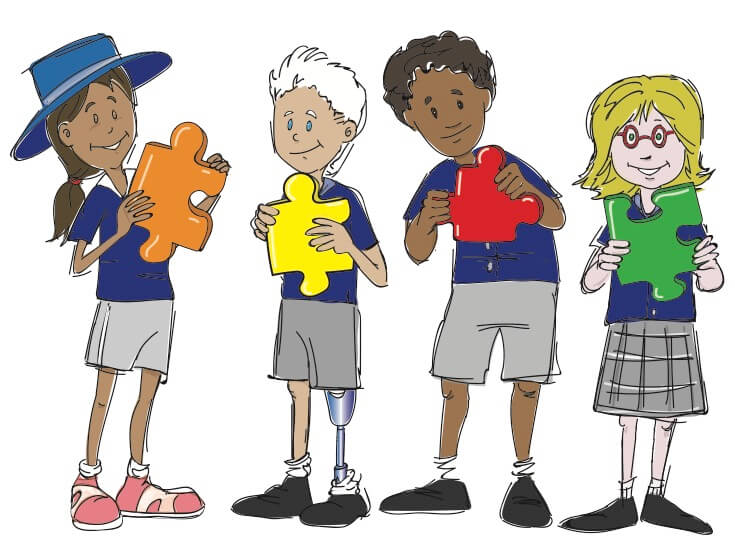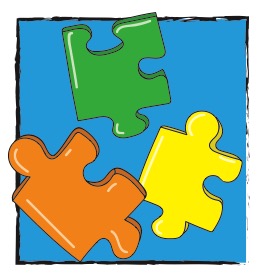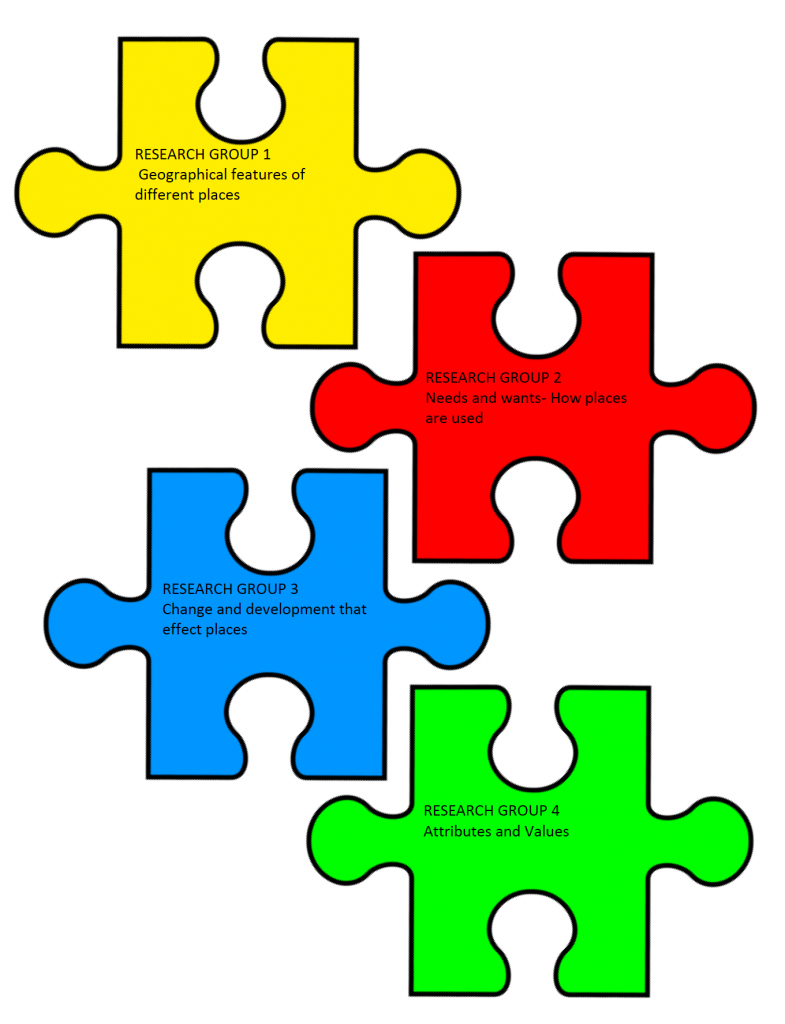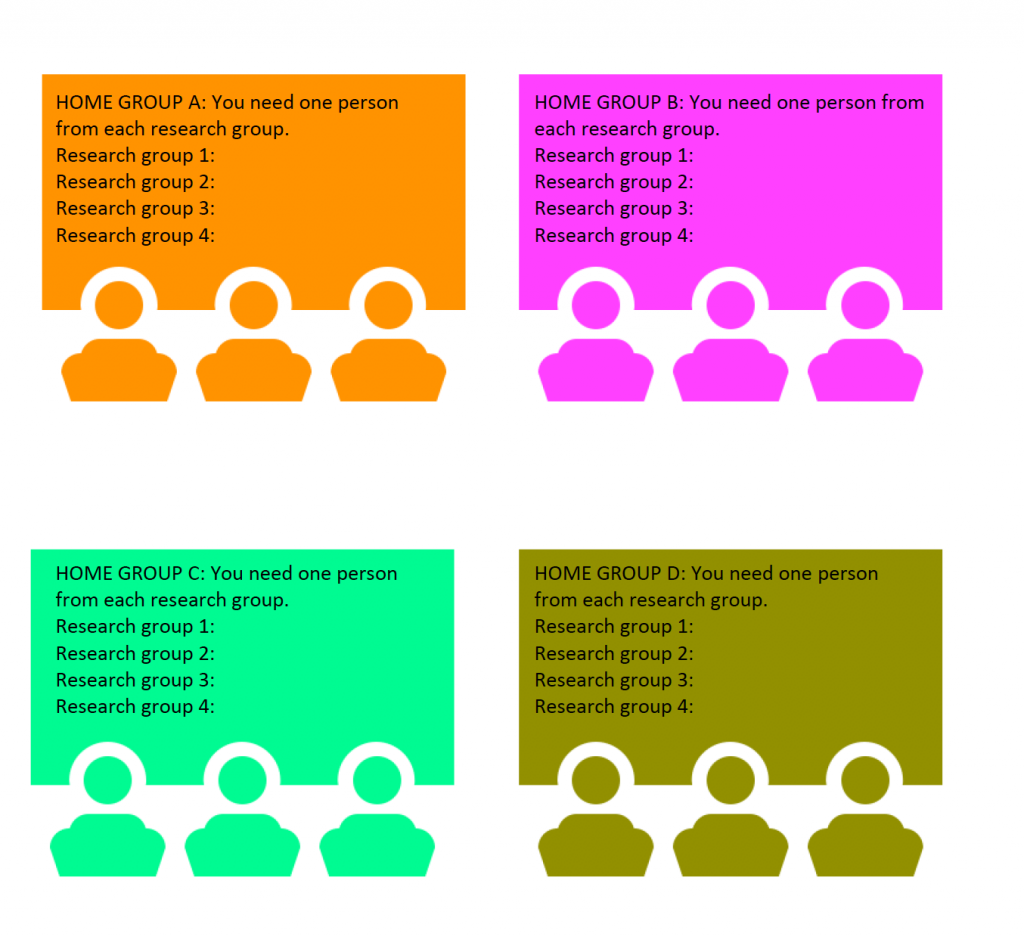ABC of INQUIRY – JIGSAW RESEARCH
ABC of INQUIRY – JIGSAW RESEARCH ”
JIGSAW RESEARCH: Putting the pieces together…
Once the groups have done their specialist research, they then rearrange themselves to form ‘home’ groups to share and peer teach others about their specialist knowledge. Each home group is made up of one member from each of the specialist groups.
Each student in the group takes time to teach their* peers about their area of knowledge. The group can ask questions, clarify, compare knowledges and skills between each other, thus peer to peer teaching occurs.
Each of the home groups is given a specific topic to apply their ‘area specific knowledges’ to and then has to develop an inquiry project that combines their area specific knowledges and topic to develop deeper understandings of that topic. For example if the topic being inquired into is landscapes and places, each home group could apply their ‘area specific knowledges’ about: geographical features; the needs and wants of living things that influence or impact on how a place is used; the effects natural changes or human intervention and development have had on a place; and what has been determined as a value in this place by humans and why is it considered valuable.
- Home Group One might apply their understandings to a world heritage area
- Home Group Two might apply their understandings to a city or urbanised area
- Home Group Three might apply their understandings to a rural or farming area
- Home Group Four might apply their understandings to a remote or wild space
All Rights Reserved © 2018 Beconwiz All ideas and illustrations are the property of BeConWiz.

BeConWiz Ideas and Thoughts by Carla Holmes, Mary-Denese Holmes, Pearl Holmesis licensed under a Creative Commons Attribution-NonCommercial-NoDerivatives 4.0 International License.
Based on a work at https://beconwiz.com.
Permissions beyond the scope of this license may be available at https://beconwiz.com.



